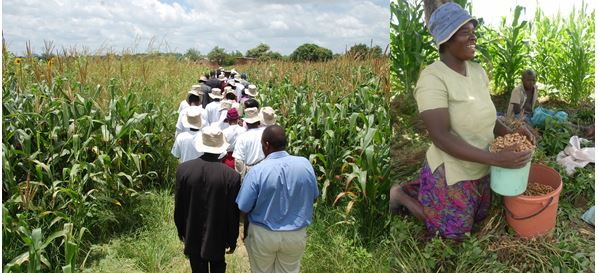How agriculture markets are more than just memorizing facts and figures
A close look at informal agriculture markets across Africa shows they thrive on implicit knowledge that cannot be manipulated through software or codified into a manual. Cooperation is the default behaviour rather than competition. Robust information is shared even between actors who are supposed to be furious competitors. Peers are more influential than experts. That Read more about How agriculture markets are more than just memorizing facts and figures[…]




